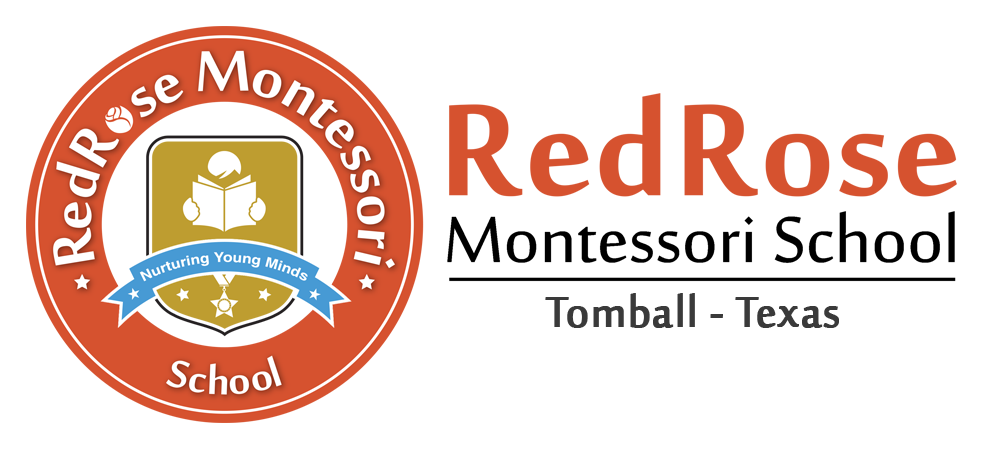PRINCIPLES OF MONTESSORI CURRICULUM
The Montessori curriculum has been supported by many as an ideal learning environment for children from primary to elementary grade levels. Currently, there are over 4,000 Montessori schools across America. These schools adopt most of the main principles of Montessori education:
Children are to be respected for their individuality.
Children have an intrinsic, or natural, motivation to learn and will do so if given the right resources and opportunities in the classroom. The first six years of a child’s life are the most formative. Teachers in our classroom are merely facilitators and observers of learning; children have the ability to direct their own learning without interference from adults.
Rote memorization of material does not nurture a child’s individual skills and abilities and, in fact, inhibits, or reduces, them. Emphasis is placed on early childhood development. During this period, children are exposed to Montessori methods and practices that are continued well into the primary years of school. It is during the early childhood period that children’s minds are the most adaptable to learning new information.
At RedRose Montessori the students are allowed to choose their work instead of the teacher choosing the work for them. Our teachers in our Montessori classroom serves more as a guide, whose responsibility is to observe children during their developmental periods and assess them according to mastery. By observing children’s behaviors, the teacher is able to identify what motivates them.
Our Montessori classroom environment provides a child-centered setting, in which mastery of certain ideas is emphasized without placing unnecessary limitations on the child. The Montessori method and principles are designed to make the learning environment a meaningful experience based on children’s natural desire to learn. With this in mind, the classroom setting is prepared with materials appropriate for the students to explore at their own leisure, based on their interests. This motivates students to want to learn by exploring their immediate surroundings and resources.
RedRose Montessori students are measured according to whether they have mastered the skills necessary to complete certain tasks. If a student does not demonstrate mastery, he will not advance to more complex activities until he has achieved mastery. Unlike the traditional school curriculum, our Montessori curriculum focuses on a child’s developmental readiness to learn new material rather than assuming all children should learn the same material based on grade level expectations.

 (713) 999-5091
(713) 999-5091 Locate us
Locate us
